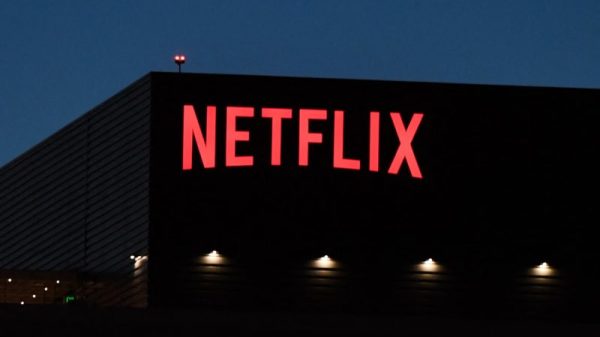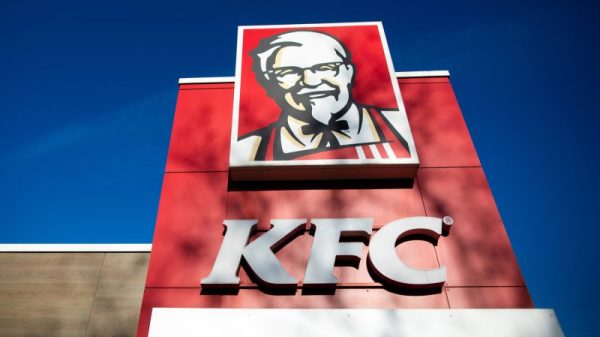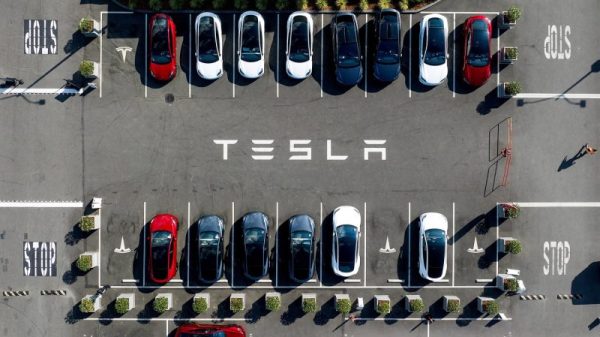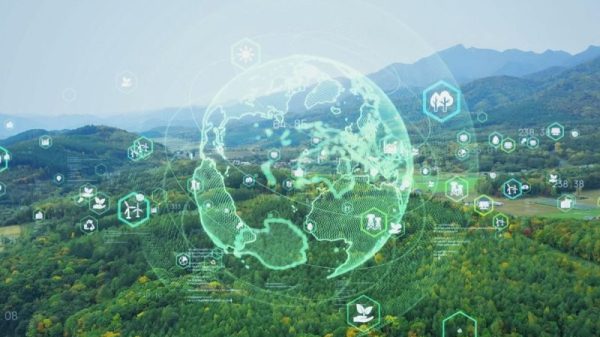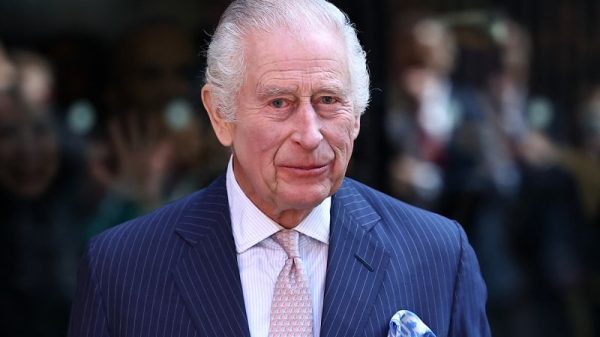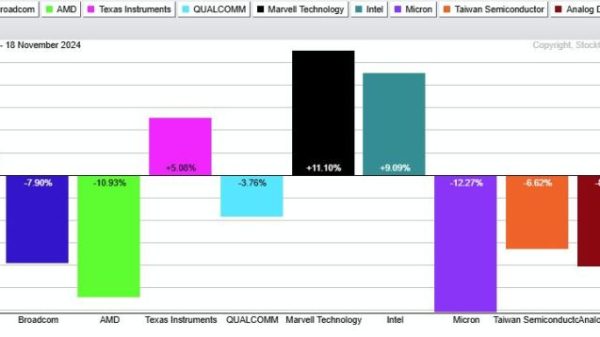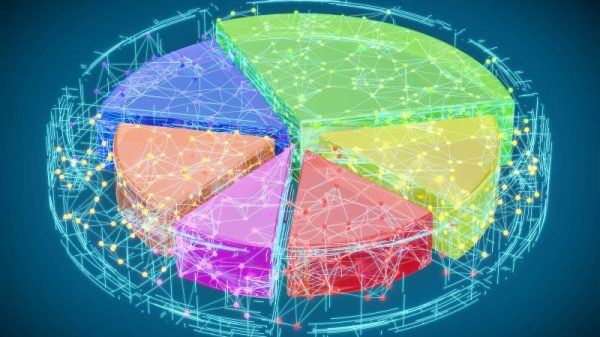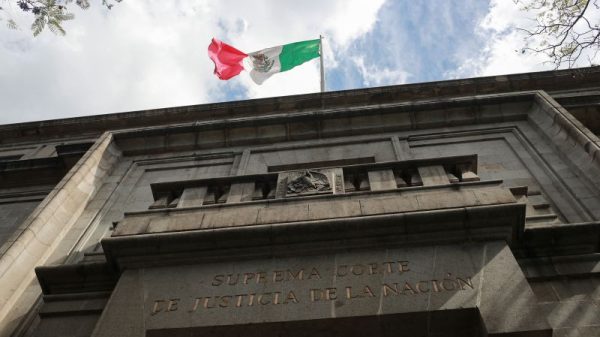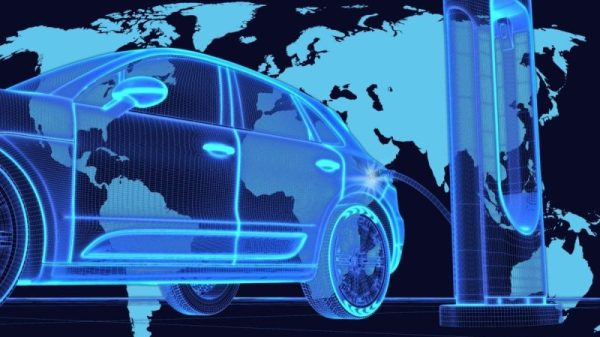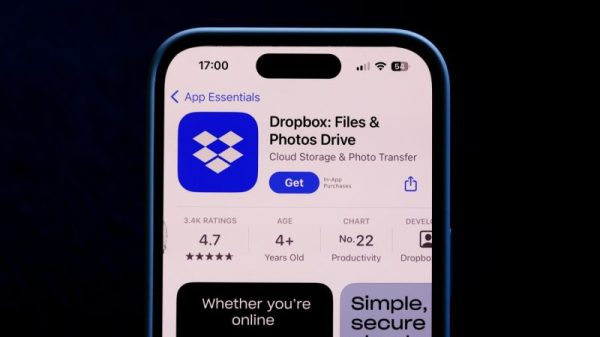Starbucks, a global leader in the contemporary coffeehouse industry has made a significant move towards inclusivity and sustainability by deciding to cease the additional charges for non-dairy milk in their multitude of beverages.
Starbucks, since its establishment, has built an immense reputation for itself as an accommodating and innovative coffeehouse chain. They have continuously sought ways to meet varying customer tastes and preferences while also maintaining their core values: delivering the highest quality coffee and creating a third place between work and home. The decision to stop charging extra for non-dairy milk aligns harmoniously with these values.
Several years back, Starbucks introduced non-dairy alternatives to their drink offerings, much to the delight of those preferring or requiring dairy-free options. Soy, almond, and coconut milk became a part of Starbucks’ long list of customizable options, providing a vast array of choices for customers with specific dietary needs or preferences. However, these alternatives came with a slight increase in price. In eliminating this upcharge, Starbucks is not only opening its doors a bit wider to inclusivity but also fostering a more sustainable approach to its business model.
Non-dairy milk options are proven to be more environmentally friendly compared to their dairy counterparts. Almond, soy, and coconut milk require significantly less water and produce less carbon dioxide during production. By encouraging customers to opt for these environmentally conscious options—without any mentionable financial guilt—Starbucks is showing its commitment towards sustainability and decreasing its carbon footprint, an issue increasingly critical in today’s climate-conscious world.
The economic implications of this decision are also worth noting. The additional charges on non-dairy milk may have deterred some customers from choosing these beverages, limiting their access to Starbucks’ offerings, and potentially even impacting overall customer satisfaction levels. By eliminating this barrier, Starbucks is not only encouraging the use of more sustainable products but also creating economic equity, making their non-dairy drinks more accessible to all customers.
Internally, this move sets a significant precedent. Starbucks’s decision provides a blueprint for other companies wishing to actively promote inclusivity and sustainability. Not to mention the secondary benefits, this could potentially enhance Starbucks’ brand image and customer loyalty—a win-win situation for the company and its customers alike.
Therefore, the decision for Starbucks to stop charging extra for non-dairy milk is undoubtedly a forward-thinking approach. It reinforces their commitment to customer satisfaction, sustainability, and inclusivity. As Starbucks continues to redefine the coffeehouse industry, it also continues to uphold its reputation of being more than just a coffeehouse—it’s a haven for coffee lovers of all kinds.


